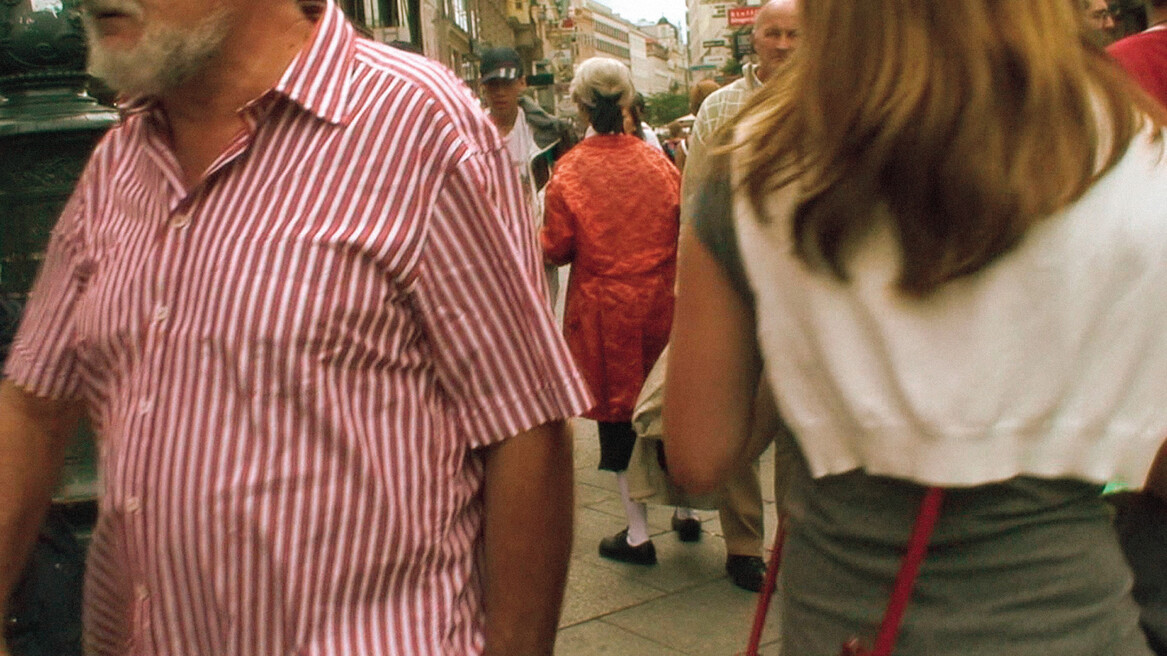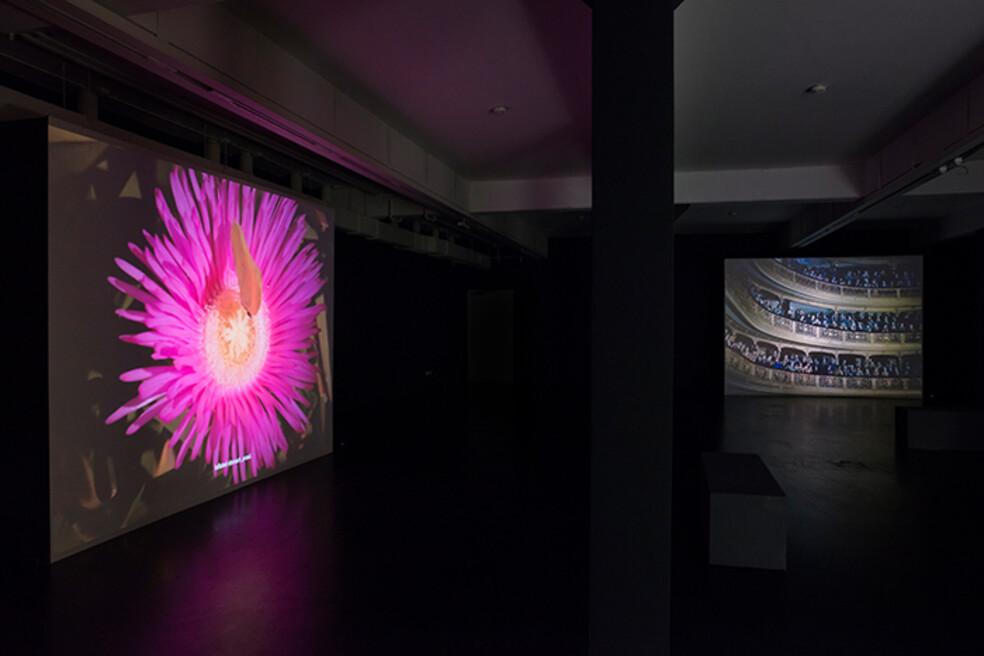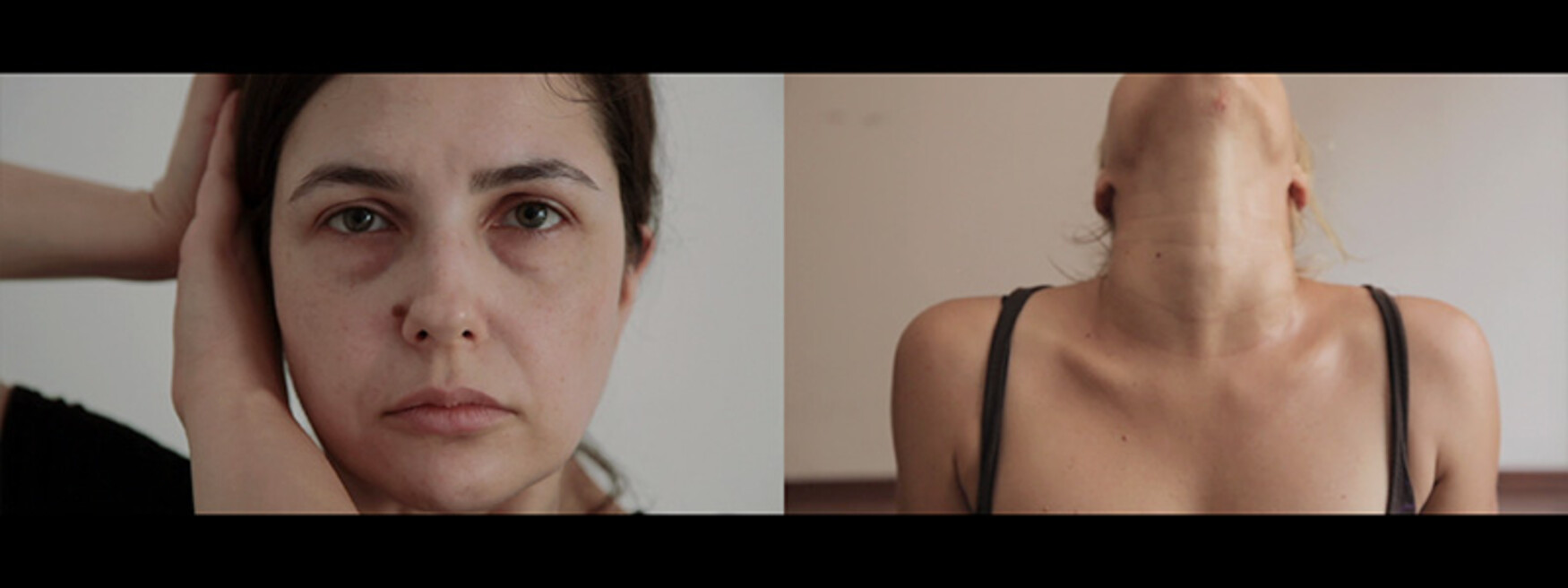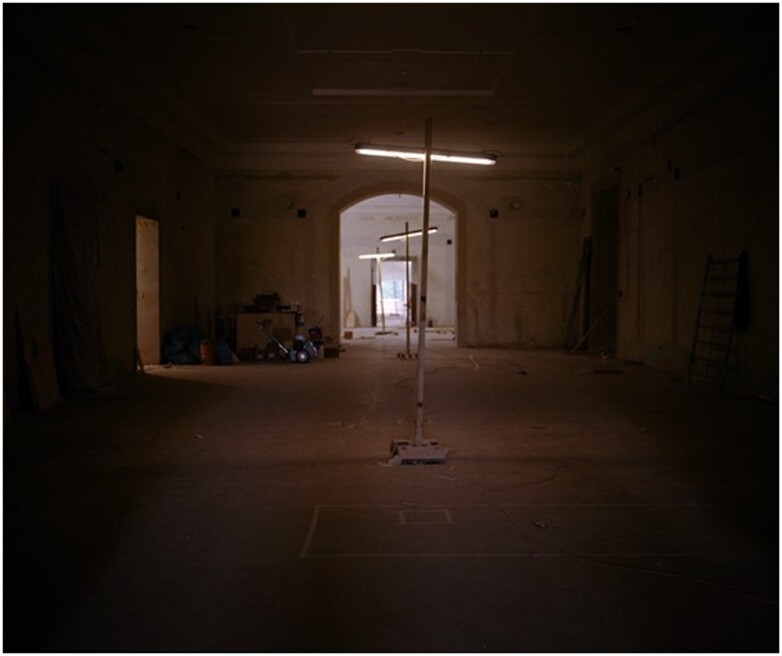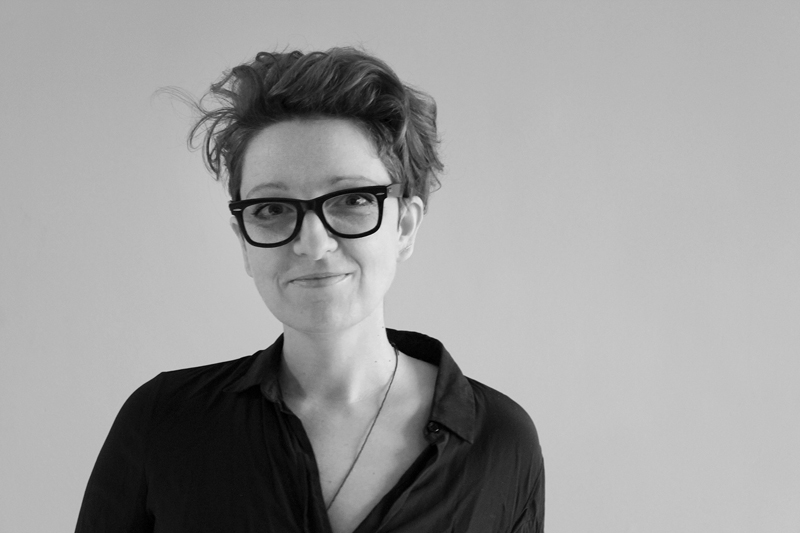Jelena Juresa
area: Media art
Key Facts
nationality
Serbiaarea
Media artresidence
Novi Sad / Ghent (BEL)recommending institution
BMEIAtime period
July 2016 - July 2016Jelena Juresa (1974, Novi Sad, Yugoslavia) has been extensively working with the questions of identity, politics of memory and oblivion through the media of photography, video and text. The focus of her work is the relationship between the observer and the observed within the confines of the “image,” and what it does and does not convey. She has participated in solo and group exhibitions internationally. During her artistic residential stays in Paris in 2004 and 2005, she created the works from the Tourists (2004-‐2006) series. Being an artist who works with history and with archives, Juresa investigates the notion of truth on the verge of representation, hence combining private memories with artefacts and political and historical narratives (STILL, 2013; Mira: Study for a Portrait, 2010 – 2014). In her latest work in which she addresses the issue of gender, that is, cultural identity, the narrative is in the foreground and is united with the image in the form of a textual or auditorial narration or music (W at it feels like for a girl, 2005-‐2009; Notes on PMS, 2012; 2005 – 2009; Mozarts, 2009; Song 2015). During her art residency (September 22 -November 11, 2015) and in collaboration with the Hyde Park Art Center in Chicago, she is developing a new art project (from 2016), tackling the questions and relations of public art -‐ capitalism -‐ tourism -‐ copyright, as well as production of male and female histories within this context. She is a PhD researcher at Ghent University, Faculty of Arts and Philosophy, research centre S:PAM and KASK Conservatorium, for which she received Basileus grant. Lives and works in Novi Sad (Serbia) and Ghent (Belgium).
Interest to come to Vienna for a residency, came from the focus of my current art project structured around mechanisms of politics of oblivion in several different contexts. During my research on the Austrian past, I consequently learned about the work of Rudolf Pöch, an anthropologist and racial hygienist, considered to be a groundbreaking media pioneer in photography, cinematography and audio engineering. Pöch was the first professor of anthropology and ethnography at the University of Vienna, where he later founded the Institute of Anthropology and Ethnography. Relying on colonial structure of several European powers, he pursued his studies using extensive technical equipment which allowed him to develop abundant documentation (mostly photographs, video and audio recordings of indigenous populations). At the outbreak of WWI, together with his assistant, he led anthropometric studies which were conducted on war prisoners, situated in POW camps in Austria-Hungary and Germany. The camps made an opportunity for anthropologists to develop their studies on a wide range of ethnic groups, and to validate previous researches, like cataloguing racial types. During my residency I was in contact and did my research in Pöch’s archives scattered around several institutions in Vienna: The ÖsterreichischeMediathek, Phonogrammarchiv, Naturhistorisches Museum and Weltmuseum. In parallel I used my residency as an opportunity to photograph and to film the footprint of the reconstruction process at the Weltmuseum.
